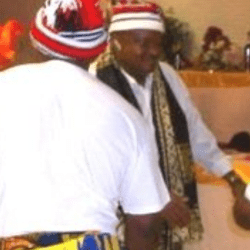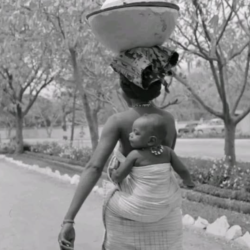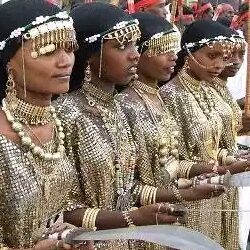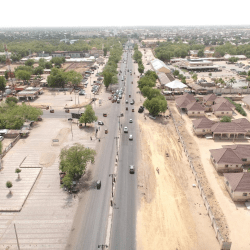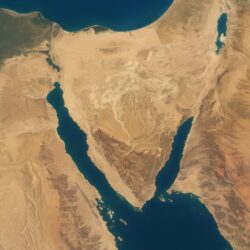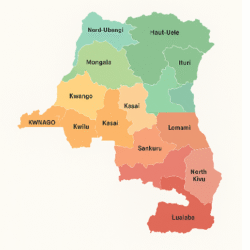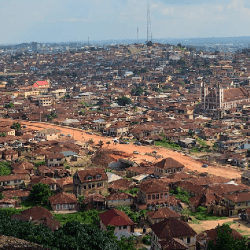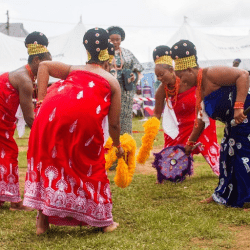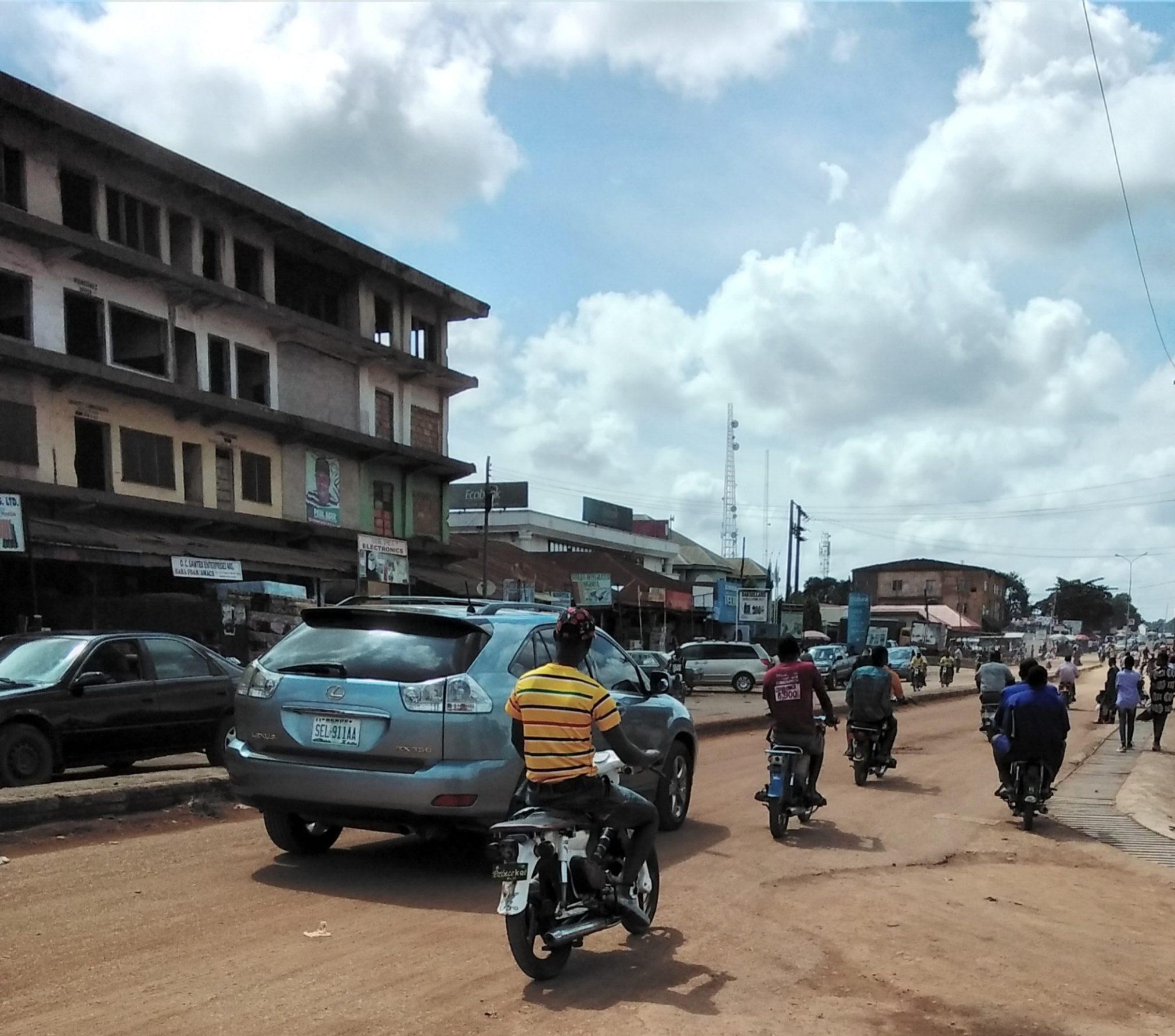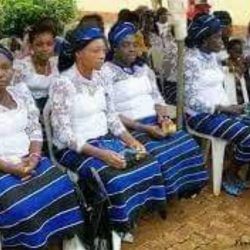Tiv people are an ethnic group primarily found in Nigeria and parts of Cameroon. They are known for their rich cultural heritage, unique social structures, and contributions to agriculture, politics, and arts in Nigeria. Below is an in-depth look at their history, language, traditions, and way of life.
1. Origin and History of the Tiv People
The origins of the Tiv people remain a subject of historical and anthropological interest. Oral traditions trace their ancestry to an ancient figure named Takuruku (also spelled Takuruku), considered the founding ancestor of the Tiv nation. The Tiv migrated from the Bantu-speaking regions of Central Africa and settled in present-day Benue State, Nigeria, around the 16th or 17th century.
Some scholars believe the Tiv are linked to the Bantu migration, while others suggest a connection with the Kwa-speaking peoples. The Tiv expanded over time due to their strong farming culture, occupying parts of Taraba, Nasarawa, Plateau, Cross River, Adamawa, and even Cameroon.
During the colonial period, the British administration encountered the Tiv in the early 20th century. The Tiv fiercely resisted colonial rule and missionary influence, maintaining much of their traditional beliefs and governance structures.
2. Language and Linguistic Classification
The Tiv language is part of the Benue-Congo branch of the Niger-Congo language family. It is spoken by over 5 million people in Nigeria and a small number in Cameroon. The language has a rich oral tradition and is used in storytelling, proverbs, songs, and communal discourse.
Notable Features of the Tiv Language:
- Tonal Language: Like many African languages, Tiv is tonal, meaning pitch changes can alter word meanings.
- Proverbs and Oral Traditions: The Tiv people use proverbs extensively in their communication to convey wisdom and cultural values.
- Modern Usage: Tiv is taught in schools and used in radio broadcasts, books, and religious literature.
3. Traditional Social Structure and Leadership
The Tiv people have a decentralized leadership system. Unlike some ethnic groups that have kings, the Tiv traditionally govern themselves through a clan-based structure.
Key Aspects of Tiv Leadership:
- Ijir Tamen (Council of Elders): A group of elders from different clans handle disputes and make important decisions.
- Tor Tiv (Paramount Ruler): The Tor Tiv is a relatively modern institution introduced during the colonial era, serving as the highest traditional leader.
- Kindred Groups (Ityo): The Tiv society is organized into family and clan units that govern themselves under elders’ guidance.
4. The Tiv Religion and Beliefs
Before the arrival of Christianity and Islam, the Tiv followed traditional African religious practices centered around Aondo, the supreme deity.
Traditional Religious Beliefs:
- Aondo (The Supreme God): The Tiv believe that Aondo created the universe and governs all aspects of life.
- Tsav (Spiritual Power): Certain individuals, known as Azenga, possess spiritual powers and can communicate with ancestral spirits.
- Swem (Sacred Symbol): The Swem is a powerful ancestral object used in oath-taking and spiritual matters.
Today, many Tiv people practice Christianity, particularly Catholicism, Anglicanism, and Pentecostalism, while some still observe traditional beliefs.
5. The Tiv Economy and Agriculture
The Tiv people are predominantly farmers, known for cultivating crops such as:
- Yam (a staple food and cultural symbol)
- Cassava
- Maize (Corn)
- Rice
- Soybeans and Groundnuts
Tiv farmers are also known for their expertise in fishing, hunting, and animal husbandry. The Benue Valley, where most Tiv people reside, is one of Nigeria’s most fertile regions, making agriculture the backbone of their economy.
In modern times, Tiv people have ventured into business, politics, and education, contributing significantly to Nigeria’s development.
6. Tiv Traditional Attire and Dressing
The Tiv people are famous for their black and white striped cloth called A’nger (or Anger). This traditional fabric symbolizes unity and identity.

Features of Tiv Traditional Attire:
- A’nger Cloth: Worn by both men and women during festivals, weddings, and special occasions.
- Turban (For Men): Some Tiv men wear turbans along with their traditional attire.
- Beaded Accessories: Women sometimes wear bead necklaces and bracelets as part of their traditional dress.
Today, A’nger fabric is also used in modern fashion, including suits, dresses, and caps.
7. Festivals and Cultural Celebrations
The Tiv people celebrate various festivals that reflect their rich cultural heritage. Some of the most notable ones include:
Kwagh-Hir Festival
- A puppet and masquerade performance that showcases storytelling, dance, and drama.
- Used to educate people about morality, history, and social issues.
Yam Festival
- Marks the beginning of the yam harvest season.
- Farmers offer yams to the gods and ancestors before consuming them.
Ibiamev (Traditional Wedding Ceremony)
- A formal event where families exchange gifts and blessings before a couple is married.
- Involves the presentation of bride price (dowry).
8. Contemporary Issues and Challenges
Despite their rich culture, the Tiv people face modern challenges such as:
- Land Conflicts: Disputes between farmers and herders over land use.
- Political Marginalization: Limited political representation in Nigeria’s national politics.
- Youth Unemployment: Like many other ethnic groups in Nigeria, young Tiv people struggle with job opportunities.
Many Tiv leaders and organizations are working to address these issues through education, economic empowerment, and cultural preservation.
9. Notable Tiv Personalities
Several Tiv individuals have made significant contributions to Nigeria in politics, sports, academia, and entertainment. Some notable figures include:
- Joseph Tarka: A prominent politician and nationalist.
- Senator George Akume: A former governor of Benue State and political leader.
- Terseer Kiddwaya: A reality TV star and entrepreneur.
- Terna Nande: A professional footballer.
These individuals have helped bring national and international recognition to the Tiv people.
